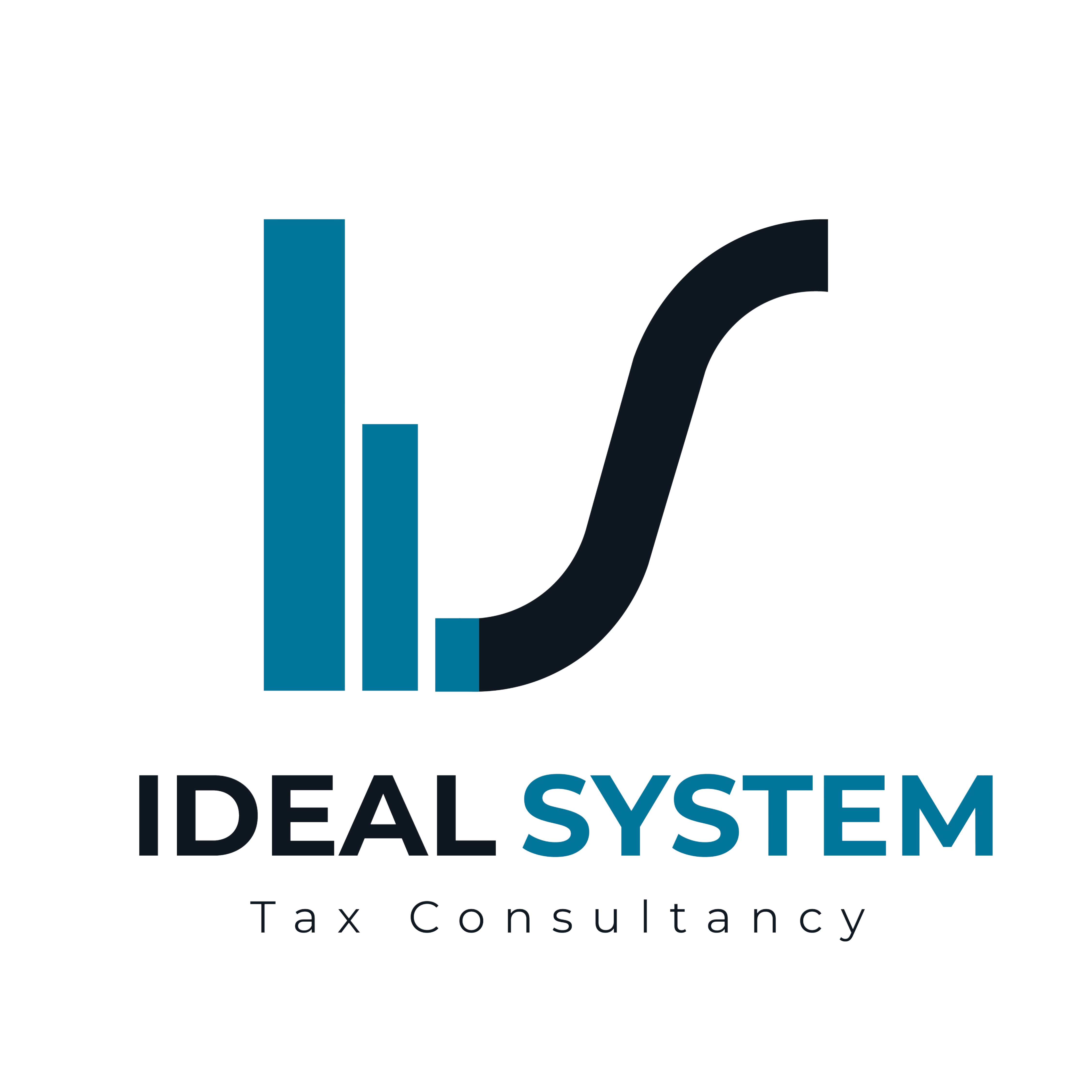Taxes in the United Arab Emirates (UAE) are implemented as part of a broader initiative by the Gulf Cooperation Council (GCC) to diversify the region’s economies. With the general decline in oil prices over recent years, GCC countries have had to explore new revenue sources to reduce reliance on hydrocarbon products as a primary contributor to the national treasury. Consequently, GCC countries have agreed on unified framework agreements to implement Value Added Tax (VAT) and excise tax, with each country enacting its own legislation to implement these taxes.
Residents of the UAE enjoy exceptional public services such as healthcare, roads, education, public parks, social services, and infrastructure. The cost of these services is fully covered by the government. Therefore, the imposition of VAT and excise tax helps diversify the state’s revenue sources, enabling it to continue providing high-quality public services to future generations. This aligns with one of the main pillars of “UAE Vision 2021,” which aims for a sustainable environment and integrated infrastructure.
Additionally, taxes allow the government to correct certain behaviors that cause significant harm to society, which cannot be self-corrected by the market. A good example of this is the excise tax imposed on products harmful to human health.

